U.S. FDA Approves AKEEGA™ (Niraparib and Abiraterone Acetate), the First-And-Only Dual Action Tablet for the Treatment of Patients with BRCA-Positive

U.S. FDA Approves AKEEGA™ (Niraparib and Abiraterone Acetate), the First-And-Only Dual Action Tablet for the Treatment of Patients with BRCA-Positive
HORSHAM, Pa., Aug. 11, 2023 /PRNewswire/ -- The Janssen Pharmaceutical Companies of Johnson & Johnson today announced that the U.S. Food & Drug Administration (FDA) has approved AKEEGA™ (niraparib and abiraterone acetate), the first-and-only dual action tablet combining a PARP inhibitor with abiraterone acetate, given with prednisone, for the treatment of adult patients with deleterious or suspected deleterious BRCA-positive mCRPC, as detected by an FDA-approved test.
"As a physician, identifying patients with a worse prognosis is a priority, especially those whose cancers have a BRCA mutation," said Kim Chi, M.D.*, Medical Oncologist at BC Cancer – Vancouver and principal investigator of the Phase 3 MAGNITUDE study. "We prospectively designed the MAGNITUDE study to identify the subset of patients most likely to benefit from targeted treatment with AKEEGA and to help us understand how we can potentially achieve better health outcomes for patients."
Prostate cancer is one of the most common cancers in the U.S., with an estimated 288,300 new cases and nearly 35,000 deaths expected in 2023.2 Approximately 10 to 15 percent of patients with mCRPC have BRCA gene alterations. Patients with BRCA-positive mCRPC are more likely to have aggressive disease and may experience poor outcomes and a shorter survival time.
"The approval of AKEEGA brings an important treatment option to patients with prostate cancer as they consider their road ahead, and it also highlights the importance of genetic testing and precision medicine for this disease," said Shelby Moneer, MS, CHES**, Vice President of Patient Programs and Education, ZERO Prostate Cancer. "All individuals diagnosed with prostate cancer should consider genetic testing, especially those from racial and ethnic minority groups who tend to have worse cancer outcomes. This is imperative to close the racial and ethnic disparities in prostate cancer health outcomes."
The FDA approval is based on positive results from the randomized, double-blind, placebo-controlled multi-center Phase 3 MAGNITUDE study. In BRCA-positive patients treated with the combination AKEEGA™ plus prednisone, a statistically significant 47 percent risk reduction was observed for radiographic progression-free survival (rPFS) (Hazard ratio [HR], 0.53; p=0.001). At the second interim analysis (IA2), with median follow-up at 24.8 months in the BRCA-positive subgroup, rPFS by central review demonstrated a consistent trend favoring AKEEGA™ plus prednisone, with a median rPFS of 19.5 months compared with 10.9 months for placebo and AAP (HR, 0.55 [95 percent confidence interval (CI), 0.39-0.78]). Additionally, there was an observed improvement in the secondary endpoints of time to symptomatic progression (TSP) (HR, 0.54 [95 percent CI, 0.35-0.85]) and time to initiation of cytotoxic chemotherapy (TCC) (HR, 0.56 [95 percent CI, 0.35-0.90]) for AKEEGA™ plus prednisone compared with AAP alone, supported by a trend towards improvement in overall survival (OS) (HR, 0.88 [95 percent CI, 0.58-1.34]).
The observed safety profile of the combination of AKEEGA™ plus prednisone was consistent with the known safety profile of each FDA-approved monotherapy. Of the patients in the MAGNITUDE study with a BRCA gene alteration, 41 percent who received AKEEGA™ experienced a serious adverse event (AE). The most common AEs occurring in 20 percent or more of patients who received AKEEGA™ plus prednisone versus patients who received placebo and AAP were musculoskeletal pain (44 percent vs. 42 percent, respectively), fatigue (43 percent vs. 30 percent), constipation (34 percent vs. 20 percent), hypertension (33 percent vs. 27 percent) and nausea (33 percent vs. 21 percent). Permanent discontinuation of any component of AKEEGA™ due to an adverse reaction occurred in 15 percent of patients.
"Janssen's legacy of advancing the science of prostate cancer has contributed to the evolution of transformational treatment approaches for more than a decade," said Kiran Patel, M.D., Vice President, Clinical Development, Solid Tumors, Janssen Research & Development, LLC. "This milestone, which marks the approval of Janssen's third prostate cancer treatment, highlights the importance of advancing precision medicine approaches and genetic testing for the treatment of patients with BRCA-positive mCRPC."
Click Here to view the full article.
Contacts:
Media Contacts:
Ania DiAntonio
+1 215-620-9717
Suzanne Frost
+1 416-317-0304
Investor Relations:
Raychel Kruper
ra-jjcus-investorrel@its.jnj.com
U.S. Medical Inquiries:
+1 800-526-7736
Get Updates
from LSPA
Stay up-to-date on the latest news and events from Life Sciences PA, insights from the life sciences industry, and so much more!

Life Sciences Pennsylvania was founded in 1989 by a biotech scientist at Penn State University. Today it has grown to represent the entire life sciences industry – biotechnology and diagnostic companies, medical device companies, pharmaceutical companies, investment organizations, research institutions, and myriad service industries that support the life sciences in Pennsylvania.